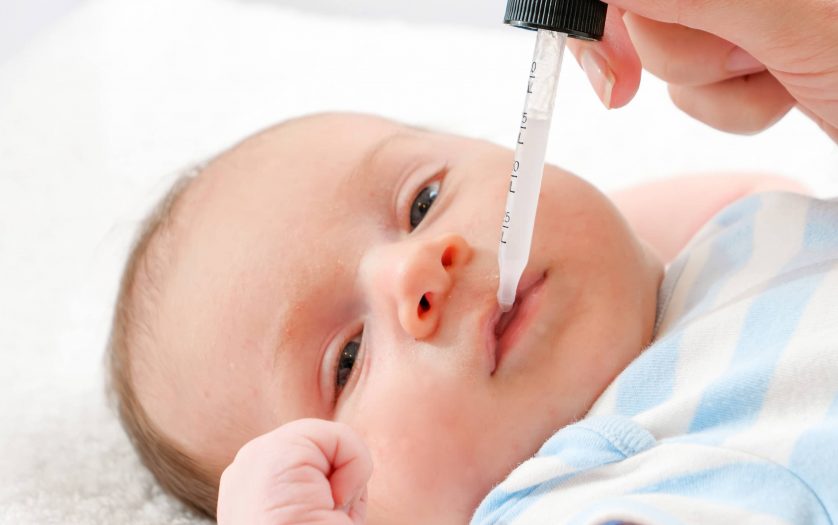
Antibiotic exposure early in life could alter human brain development in areas responsible for cognitive and emotional functions, according to a Rutgers researcher.
The laboratory study, published in the journal iScience, suggests that penicillin changes the microbiome – the trillions of beneficial microorganisms that live in and on our bodies – as well as gene expression, which allows cells to respond to its changing environment, in key areas of the developing brain. The findings suggest reducing widespread antibiotic use or using alternatives when possible to prevent neurodevelopment problems.
Penicillin and related medicines (like ampicillin and amoxicillin) are the most widely used antibiotics in children worldwide. In the United States, the average child receives nearly three courses of antibiotics before the age of 2. Similar or greater exposure rates occur in many other countries.
“Our previous work has shown that exposing young animals to antibiotics changes their metabolism and immunity. The third important development in early life involves the brain. This study is preliminary but shows a correlation between altering the microbiome and changes in the brain that should be further explored,” said lead author Martin Blaser, director of the Center for Advanced Biotechnology and Medicine at Rutgers.
The study compared mice that were exposed to low-dose penicillin in utero or immediately after birth to those that were not exposed. They found that mice given penicillin experienced substantial changes in their intestinal microbiota and had altered gene expression in the frontal cortex and amygdala, two key areas in the brain responsible for the development of memory as well as fear and stress responses.
A growing body of evidence links phenomena in the intestinal tract with signaling to the brain, a field of study known as the “gut-brain-axis.” If this pathway is disturbed, it can lead to permanent altering of the brain’s structure and function and possibly lead to neuropsychiatric or neurodegenerative disorders in later childhood or adulthood.
“Early life is a critical period for neurodevelopment,” Blaser said. “In recent decades, there has been a rise in the incidence of childhood neurodevelopmental disorders, including autism spectrum disorder, attention deficit/hyperactivity disorder and learning disabilities. Although increased awareness and diagnosis are likely contributing factors, disruptions in cerebral gene expression early in development also could be responsible.”
Future studies are needed to determine whether antibiotics directly affect brain development or if molecules from the microbiome that travel to the brain disturb gene activity and cause cognitive deficits.








